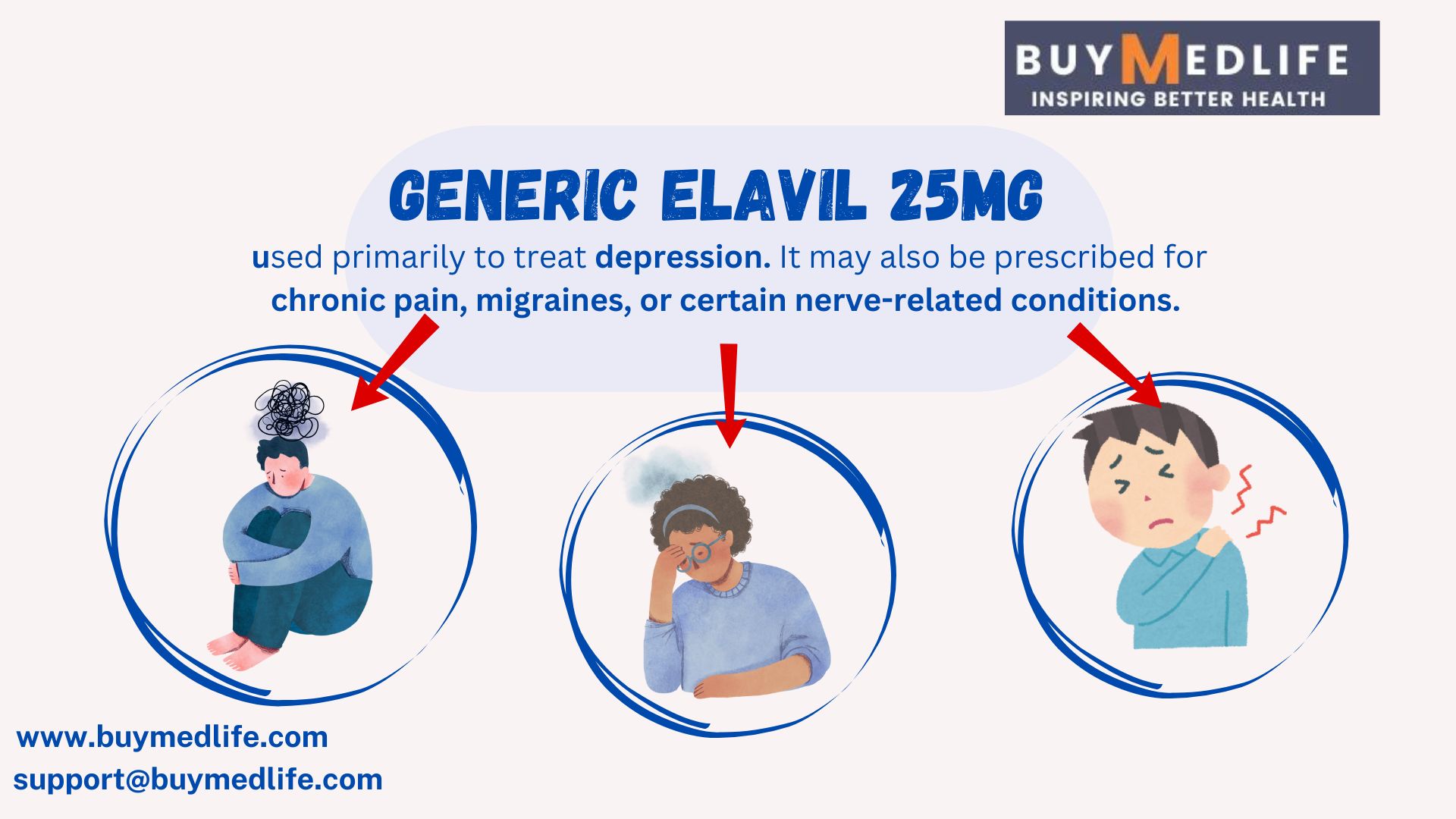Innovative Solutions for Home Healthcare Software
- Technology
 ditstek12
ditstek12- November 22, 2024
- 1

The healthcare landscape is rapidly evolving, and one area that’s seeing significant growth is home healthcare. With an increasing number of patients requiring care at home, custom home healthcare software development has become essential for delivering high-quality care efficiently and effectively. This software provides healthcare providers with the tools they need to manage patient care remotely, track health metrics, and ensure that patients receive the support they need from the comfort of their own homes. In this blog, we will explore the innovative solutions that custom home healthcare software offers, its key features, and the benefits it brings to both healthcare providers and patients.
The Growing Need for Home Healthcare
The demand for home healthcare has been rising due to several factors, including an ageing population, the desire for more personalised care, and advancements in medical technology that allow for remote monitoring. Home healthcare services offer a more comfortable and often more affordable alternative to hospital or nursing home care. To meet these demands, healthcare providers are turning to custom software solutions to streamline operations, enhance care delivery, and improve patient outcomes.
Custom home healthcare software allows healthcare professionals to monitor patients’ health conditions remotely, schedule visits, maintain electronic health records (EHR), and even track medication adherence. With such solutions, healthcare providers can deliver timely and effective care while patients enjoy the comfort of receiving treatment at home.
Key Features of Custom Home Healthcare Software
1. Remote Patient Monitoring
One of the primary features of home healthcare software is remote patient monitoring (RPM). RPM allows healthcare providers to track patients’ vital signs, such as blood pressure, glucose levels, and heart rate, in real-time. This feature can help detect potential health issues before they become serious, enabling providers to intervene early and avoid hospital readmissions.
2. Telemedicine Integration
Telemedicine is another critical feature of custom home healthcare software. With integrated video conferencing, patients can have virtual consultations with their healthcare providers, reducing the need for in-person visits. This feature is especially important for individuals with limited mobility or those living in remote areas.
3. Electronic Health Records (EHR)
Custom home healthcare software often includes a robust EHR system that centralises patient data. This system makes it easier for healthcare providers to access and update patient information, ensuring that everyone involved in the patient’s care has the most up-to-date information available.
4. Appointment Scheduling and Management
Efficient scheduling is crucial in home healthcare, where staff members must visit multiple patients each day. Custom software solutions allow healthcare agencies to manage and schedule appointments, track visit history, and ensure timely and efficient care delivery.
5. Medication Management
Medication adherence is a significant challenge in home healthcare. Custom software can help manage medication schedules, send reminders to patients, and even alert healthcare providers if a patient misses a dose. This reduces the risk of medication errors and ensures patients receive the correct treatment.
Benefits of Custom Home Healthcare Software
1. Improved Care Efficiency
Custom software helps automate many administrative tasks, freeing up time for healthcare providers to focus on patient care. With features like automated scheduling, medication reminders, and patient data integration, home healthcare agencies can streamline their processes and provide more efficient care.
2. Enhanced Patient Engagement
With tools like remote monitoring and telemedicine, patients are more engaged in their own care. They can track their progress, communicate with their providers, and stay on top of their health. Engaged patients are more likely to adhere to treatment plans and have better health outcomes.
3. Cost Savings
By reducing hospital readmissions, preventing unnecessary in-person visits, and improving medication adherence, custom home healthcare software can help healthcare providers save costs. The ability to deliver care at home reduces the need for expensive hospital stays and medical transport.
4. Better Data Management
With custom home healthcare software, patient data is centralised and easily accessible. This leads to better decision-making and a more coordinated approach to care. It also reduces the risk of errors or duplicated efforts that can occur when data is spread across multiple systems.
5. Regulatory Compliance
Custom software can help healthcare providers stay compliant with healthcare regulations, such as HIPAA (Health Insurance Portability and Accountability Act). It ensures that patient data is stored securely and that privacy laws are followed.
Challenges in Home Healthcare Software Development
Despite the many advantages of custom home healthcare software, there are also some challenges to consider:
1. Integration with Existing Systems
Many home healthcare agencies already use various software systems, such as EHRs or scheduling tools. Integrating new custom software with these existing systems can be complex and may require significant resources.
2. Data Security and Privacy
As with any healthcare technology, data security is a major concern. Custom software must comply with strict data protection regulations and employ encryption methods to keep patient information safe from breaches or cyber-attacks.
3. Cost of Development
Developing custom home healthcare software can be a significant investment, especially for smaller agencies. However, the long-term benefits, such as improved efficiency and patient outcomes, can justify the initial costs.
Conclusion
Custom home healthcare software has become an essential tool for healthcare providers looking to deliver high-quality, patient-centred care. With features like remote patient monitoring, telemedicine integration, EHR systems, and medication management, these software solutions enable healthcare agencies to improve efficiency, enhance patient engagement, and reduce costs. While there are challenges to overcome, the long-term benefits of custom home healthcare software make it a valuable investment for any healthcare organisation.
FAQs
1. What is custom home healthcare software?
Custom home healthcare software is a tailored solution designed to help healthcare providers manage patient care at home. It includes features such as remote monitoring, telemedicine, EHR systems, and medication management to improve care delivery.
2. How does custom software benefit home healthcare providers?
Custom software improves efficiency by automating administrative tasks, enhances patient engagement with tools like telemedicine and remote monitoring, and helps save costs by reducing hospital readmissions and in-person visits.
3. What features are included in home healthcare software?
Home healthcare software typically includes remote patient monitoring, telemedicine integration, EHR management, appointment scheduling, and medication management tools.
4. Is custom home healthcare software secure?
Yes, custom home healthcare software is designed to comply with regulations such as HIPAA, ensuring that patient data is stored securely and protected from breaches.
5. What are the challenges of developing custom home healthcare software?
Challenges include integrating the software with existing systems, ensuring data security and privacy, and the initial cost of development. However, these challenges can be mitigated with proper planning and execution.



